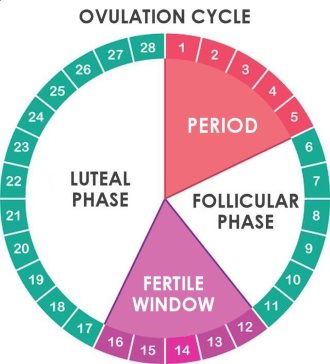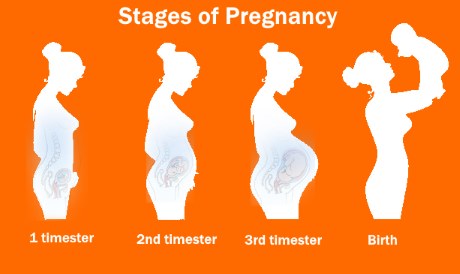Tips for a Healthy Pregnancy

Health Tips for Pregnant Women
Before you can take care of your new baby, you need to take care of yourself and your unborn child. There’s a lot of advice out there. Much of it is common sense, but some things – like avoiding cat litter – might be news. Your first tip: As soon as you suspect you’re pregnant, see your doctor and visit Pregnancy and Childbirth
Tips to relax in pregnancy
Take a prenatal vitamin
Exercise regularly
Educate yourself
Change your chores (avoid harsh or toxic cleaners, heavy lifting)
Track your weight gain (normal weight gain is 25-35 pounds)
Get comfortable footwear
Eat folate-rich foods (lentils, asparagus, oranges, fortified cereals)
Eat calcium-rich foods (dairy, canned fish, soy)
Eat more fish (except those high in mercury )
Eat foods with fiber
Don’t eat soft cheeses (unpasteurized styles like Brie and feta may contain bacteria that can cause fever, miscarriage or pregnancy complications)
Eat your veggies
Eat five or six well-balanced meals each day
But don’t overeat.
You only need 300-500 additional calories per day. Keep a food diary.
Limit caffeine
Drink plenty of fluids (six 8-ounce glasses of water per day)
During the prenancy - Don’t drink alcohol
Fly smart (avoid air travel if possible early and late in pregnancy)
Avoid changing cat litter (to reduce risk of toxoplasmosis)
Know when to call your doctor with concerns
Don’t smoke; avoid secondhand smoke
Get enough sleep
Wear your seatbelt in car driving
Don’t take over-the-counter medications or herbal remedies without medical consultation
Tour birth facilities
Practice relaxation techniques daily (yoga, stretching, deep breathing, massage)
Don’t overmedicate
Exercise, but don’t overdo it
Stretch before bed to avoid leg cramps
Take a prenatal vitamin
Exercise regularly
Educate yourself
Change your chores (avoid harsh or toxic cleaners, heavy lifting)
Track your weight gain (normal weight gain is 25-35 pounds)
Get comfortable footwear
Eat folate-rich foods (lentils, asparagus, oranges, fortified cereals)
Eat calcium-rich foods (dairy, canned fish, soy)
Eat more fish (except those high in mercury )
Eat foods with fiber
Don’t eat soft cheeses (unpasteurized styles like Brie and feta may contain bacteria that can cause fever, miscarriage or pregnancy complications)
Eat your veggies
Eat five or six well-balanced meals each day
But don’t overeat.
You only need 300-500 additional calories per day. Keep a food diary.
Limit caffeine
Drink plenty of fluids (six 8-ounce glasses of water per day)
During the prenancy - Don’t drink alcohol
Fly smart (avoid air travel if possible early and late in pregnancy)
Avoid changing cat litter (to reduce risk of toxoplasmosis)
Know when to call your doctor with concerns
Don’t smoke; avoid secondhand smoke
Get enough sleep
Wear your seatbelt in car driving
Don’t take over-the-counter medications or herbal remedies without medical consultation
Tour birth facilities
Practice relaxation techniques daily (yoga, stretching, deep breathing, massage)
Don’t overmedicate
Exercise, but don’t overdo it
Stretch before bed to avoid leg cramps
Have a lot of green fresh vegetables and fruits. Stay hydrated by having plenty of fluids and water. Avoid processed and other fatty foods to maintain a healthy weight, as much weight gain can interfere with the chances of having a normal delivery.
What is the menstrual cycle
/Pregnancy
/TOP 10 Baby Names
/Pregnancy
/Pregnancy
/England Baby Names
/Pregnancy
/Pregnancy
/England Baby Names
/SCT Boy Baby Names
/Pregnancy
/SCT Boy Baby Names
 ( 5 ) by 1 User(s).
( 5 ) by 1 User(s).


